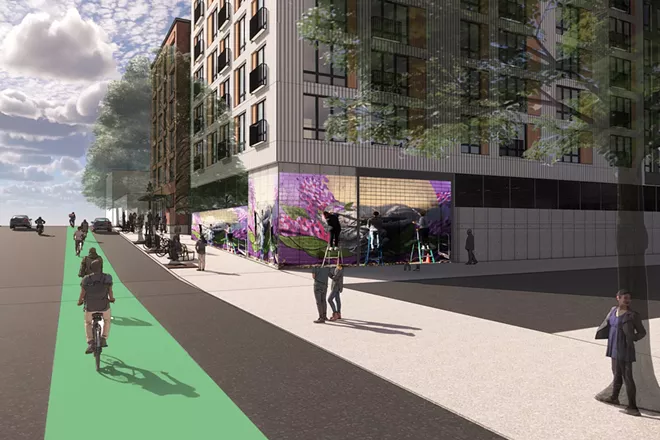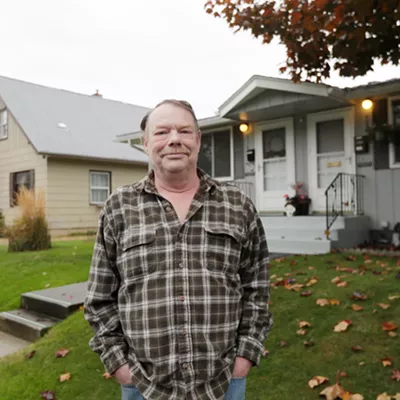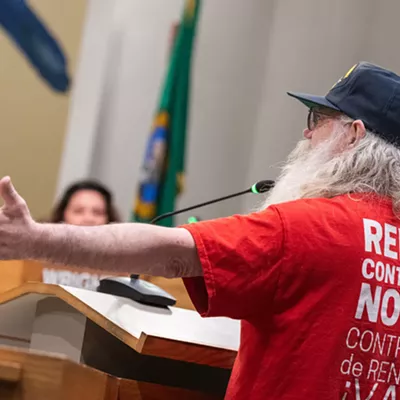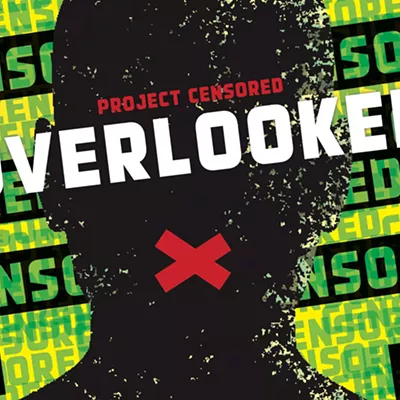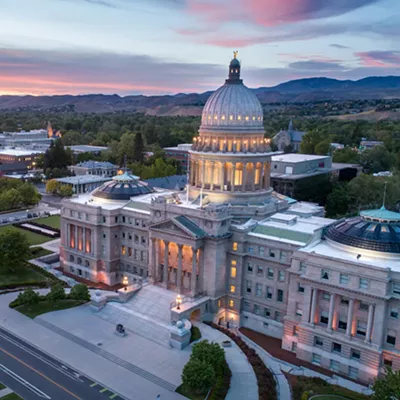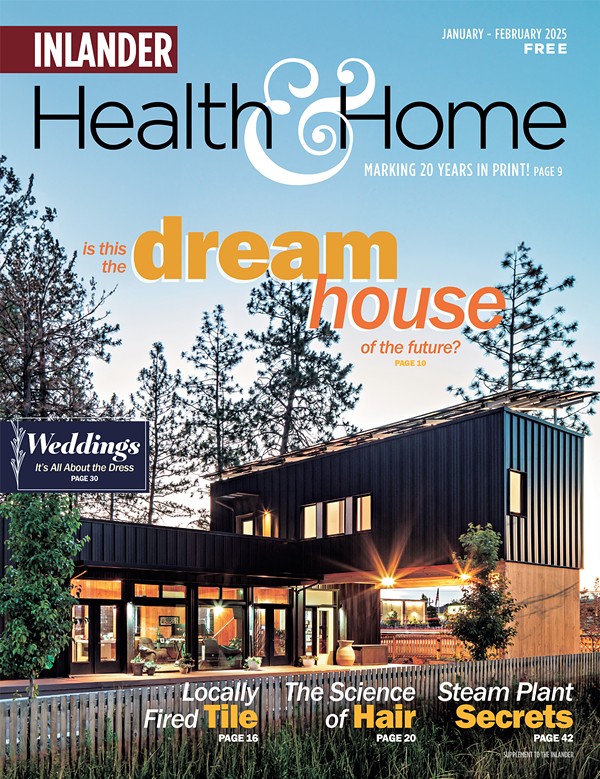Spokane's failure to build enough housing was a disaster even before the COVID-19 pandemic. There were so few vacant apartment units, with vacancies nearly nonexistent as early as 2017, when the Inlander dedicated an entire cover story to it.
Yet instead of this crisis sparking a surge in new housing, the number of housing permits was actually lower over the next three years: In 2018, the number of housing units in Spokane County permitted fell to less than 2,260 units — the lowest level in four years.
Part of the issue, Spokane Home Builders Association President Joel White says, is that, with rents still low and the market uncertain, few local developers were eager to risk committing the next few years to building a ton of multifamily projects in Spokane.
"Not a lot of people have the resources to invest in 144 units," White says. "They don't want to oversaturate the market either."
Longtime local developer Lanzce Douglass blames the Washington state business climate — a problem he says has only become worse in recent years.
"With the political environment in Washington, with the Legislature gutting the landlords' property rights, there's not really much incentive to continue to build in Washington," he says.
Why deal with the red tape in Spokane, when he could just hop across the border and build in more laissez faire Kootenai?
"We're in Post Falls and Coeur d'Alene right now, building some large complexes because of that," Douglass says. "If you go over to Post Falls in the Highway 41 corridor, you'll see all the big developers are over there."
Indeed, Kootenai County, despite having a much smaller population, actually saw 20 percent more housing units get permitted in 2020 than in Spokane County. But that's changing: 2021 figures show Kootenai County development slowing down — and Spokane speeding up. White says the easiest-to-develop land in Kootenai had already been snatched up,
"They're getting some political resistance over there, too," White says. "Infrastructure needs to get developed, and that takes time."
Meanwhile, Spokane County permits rebounded from its 2020 lull by leaping more than 40 percent to end 2021 with 3,400 new housing units permitted.
"It really didn't really take off until COVID, when you started to see people fleeing the West Coast," White says.
That includes a six-story 139-unit project in Spokane's University District; 48 units of Catholic Charities' supportive housing near Spokane Falls Community College; the "Marjorie at Aspen Park" with 226 units on the West Plains; and even a huge project from Douglass — the Quarry Apartments — in Spokane Valley.
And yet Spokane County still fell short of surpassing the number of permits issued for 2016, suggesting the pace still isn't nearly fast enough to make up for the tens of thousands of homes the area needs to accommodate its growing population.
"We just have stalled," White says. ♦

